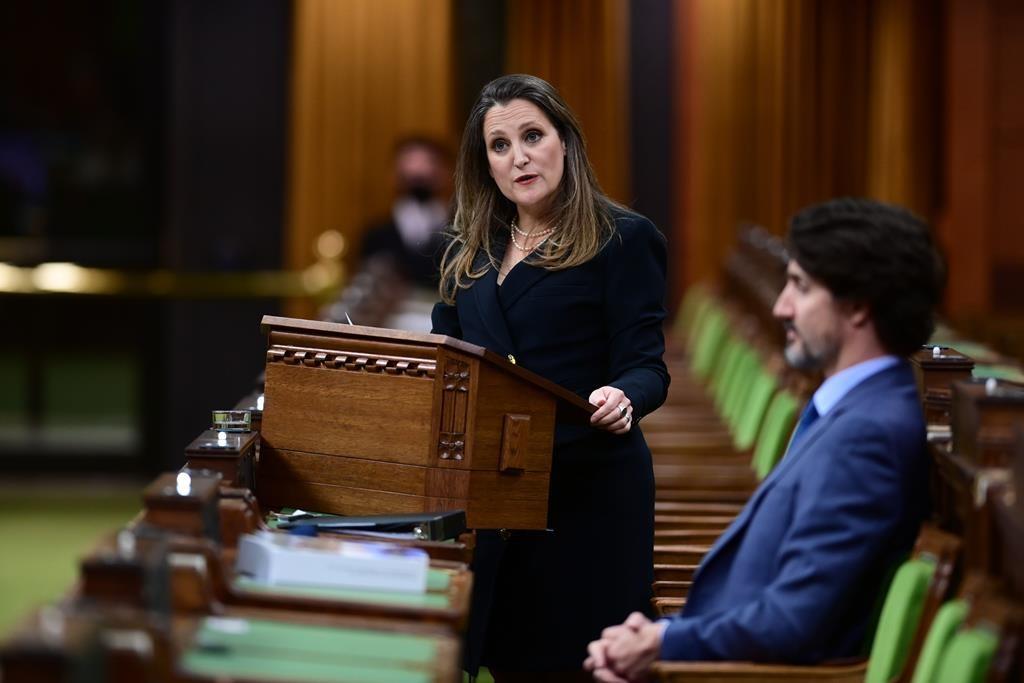As the federal government plans to expand taxpayer-funded daycare, some critics are taking issue with the plan’s exclusion of non-licensed care and lack of esteem for stay-at-home moms.
In the recent federal budget, Finance Minister Chrystia Freeland announced $30 billion over the next five years for early learning and child-care services, with $8.3 billion becoming a permanent part of annual spending. The goal is to provide public child care that would cost a parent $10 per child per day.





